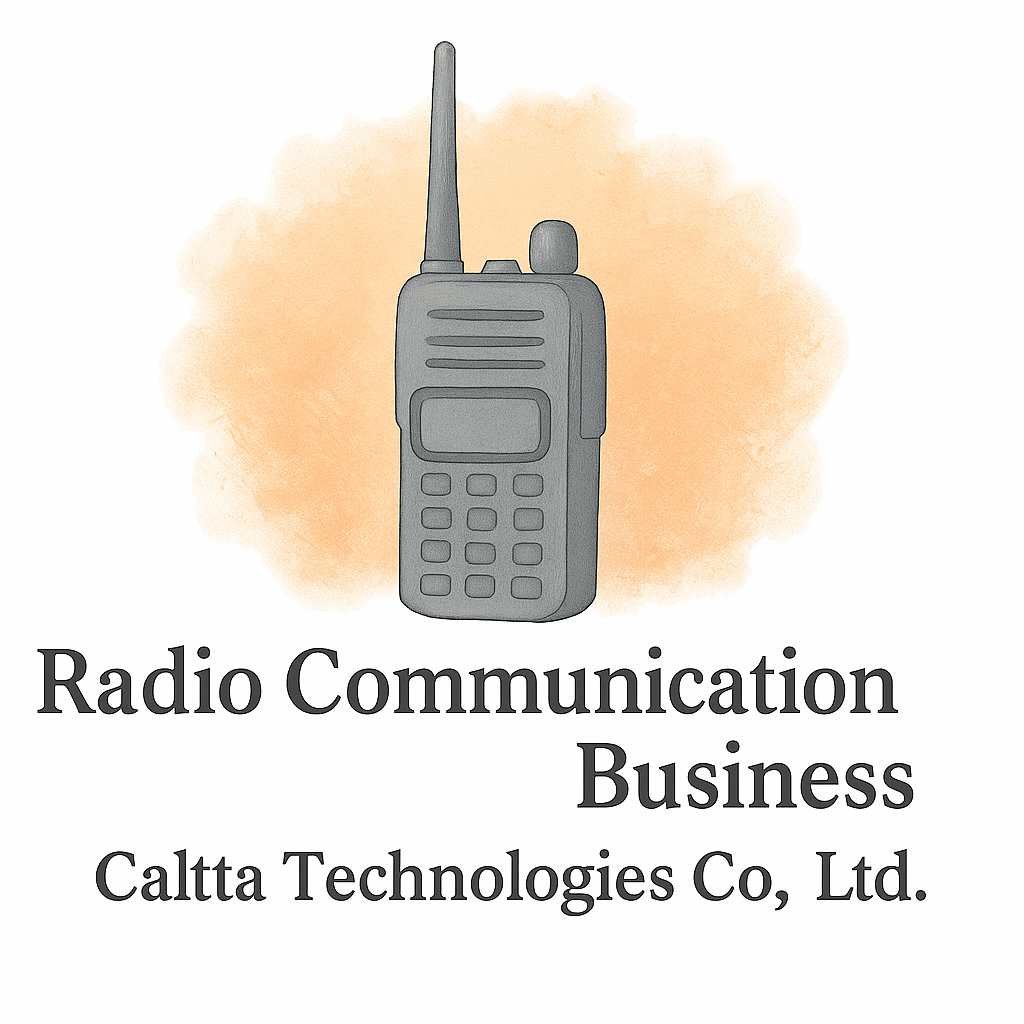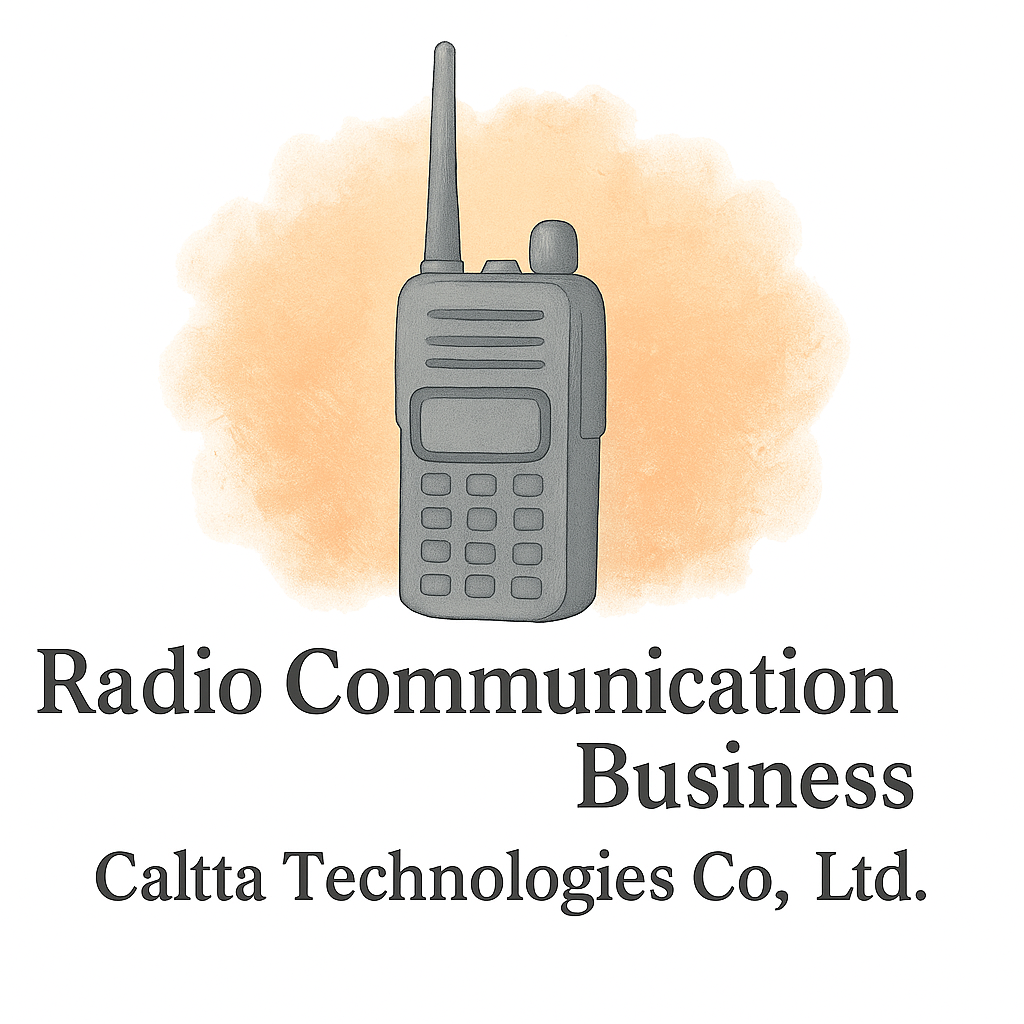Introduction
Running a radio communication business isn’t just about having the right frequency or crystal-clear signal — it’s about mastering your finances. Cash flow is the heartbeat of any business, and when you’re working in a competitive, fast-evolving industry like radio communication, that flow needs to be smooth and steady. In this article, we’re diving into six practical, battle-tested cash flow tips designed to help radio communication entrepreneurs thrive — not just survive.
Whether you’re just setting up or scaling up, managing your money right can make all the difference. Ready to tune in?
Why Cash Flow Is a Big Deal in the Radio Communication Industry
The Importance of Financial Stability
In the radio communication world, equipment upgrades, licensing fees, and service disruptions can hit your finances like a surprise static storm. Without stable cash flow, it’s tough to stay on-air — literally and financially.
Why Entrepreneurs Often Struggle With Cash Flow
Let’s be real — when you’re juggling marketing, networking, compliance, and operations, budgeting often falls to the bottom of the priority list. But ignoring cash flow is like ignoring a slowly draining battery — eventually, you’ll go dark.
Tip #1: Set a Clear Budget and Stick to It
Avoid Overspending on Equipment
You might be tempted to buy the newest gear on the market, but overspending can cripple your cash flow. Start with only what you need to deliver quality service, and scale your tech as your business grows.
Explore Caltta International’s equipment and technology section for smart investments that balance performance and cost.
Use Budgeting Tools to Monitor Expenses
From QuickBooks to FreshBooks, there are tons of tools out there to help track your spending. Set monthly caps for categories like equipment, marketing, and events.
Also, check out the insights on cost-saving strategies and budgeting tips.
Tip #2: Separate Personal and Business Finances
Open a Dedicated Business Bank Account
Mixing personal and business expenses? That’s a no-go. Not only is it messy, but it also makes tax time a nightmare. Get a business account to track your income and expenses clearly.
Track Business-Only Expenses
Use accounting software to label each cost. This helps when applying for loans, seeking investors, or just reviewing your monthly burn rate.
For more startup guidance, explore Business Startup Basics by Caltta International.
Tip #3: Forecast Income and Expenses Regularly
Plan for Seasonal Fluctuations
Radio communication services might spike during conferences, emergency seasons, or events. Other times? Things might slow to a whisper. Forecast your earnings and plan for lean months in advance.
Predict Large Purchases and Investments
Planning a network upgrade or tower installation? Put those expenses on your radar months ahead. A solid forecast lets you phase out costs instead of being blindsided.
Check out Financial Planning strategies to help structure these big moves.

Tip #4: Lease Equipment Instead of Buying
Reduce Upfront Costs
Buying equipment can eat up your cash reserves fast. Leasing gives you access to modern tech with predictable monthly payments.
Keep Up With Tech Upgrades Easily
Radio communication is constantly evolving. Leasing lets you stay competitive without getting stuck with outdated tools. Learn more about the latest tech upgrades that won’t break the bank.
Also, visit equipment tags to discover smart leasing options.
Tip #5: Offer Flexible Payment Terms to Clients
Use Invoicing Software
A late-paying client can bottleneck your entire cash flow. Use platforms like Wave or Zoho Invoice to send automated reminders and professional-looking invoices.
Follow Up Promptly on Late Payments
A friendly follow-up call or email can work wonders. Create a consistent routine for chasing up payments — your wallet will thank you.
Also check out marketing and branding tactics that help attract timely-paying clients.
Tip #6: Build an Emergency Fund for Your Business
Prepare for Unexpected Costs
A lightning strike fries your repeater. A licensing fee increases out of nowhere. Life (and business) happens — be ready. Set aside at least 3–6 months of operating costs.
How Much Should You Save?
Start with small, consistent contributions. Even $100/month adds up. Your emergency fund is like having a backup generator — you may not always need it, but when you do, it’s a lifesaver.
Explore more ideas tagged under avoid and mistakes to steer clear of common financial traps.
How Caltta International Supports Financial Success
Resources for Business Startups
If you’re new to the game, you don’t have to figure everything out on your own. Caltta offers detailed support through its business startup basics, helping you lay a solid foundation.
Expert Equipment and Technology Guides
From choosing the right transceiver to selecting budget-friendly antennas, Caltta’s equipment and technology section is a goldmine.
Need insights into market trends or changes in the industry? Check out industry insights and changes to stay informed.
Conclusion
Managing your cash flow as a radio communication entrepreneur isn’t just about crunching numbers — it’s about staying in control. With clear budgeting, smart tech decisions, and a little forward-thinking, your business can stay loud and clear in the industry. These six tips are your starter toolkit to financial clarity. Use them, tweak them, live by them — and watch your business thrive.
And don’t forget, you’ve got a partner in Caltta International every step of the way.
FAQs
1. Why is cash flow more important than profit in radio communication businesses?
Because you can be profitable on paper and still go bankrupt if you don’t have money in the bank to cover your day-to-day operations.
2. How much should I save in an emergency fund for my radio business?
Ideally, 3–6 months of operational costs — enough to keep your business running during tough times.
3. Is leasing always better than buying communication equipment?
Not always, but leasing helps when cash flow is tight or when you need to keep up with frequent tech updates.
4. Can budgeting tools integrate with invoicing apps?
Yes! Many tools like FreshBooks or QuickBooks combine invoicing, tracking, and budgeting all in one place.
5. What if clients don’t pay on time?
Implement clear payment terms, use invoicing software, and follow up promptly. You can also offer early payment discounts.
6. Should I use credit to smooth out cash flow issues?
Only if necessary — and only with a solid repayment plan. Credit can help but also hurt if unmanaged.
7. How can I stay updated on radio industry changes?
Bookmark Caltta International’s industry insights and explore tags like industry and regulation.


